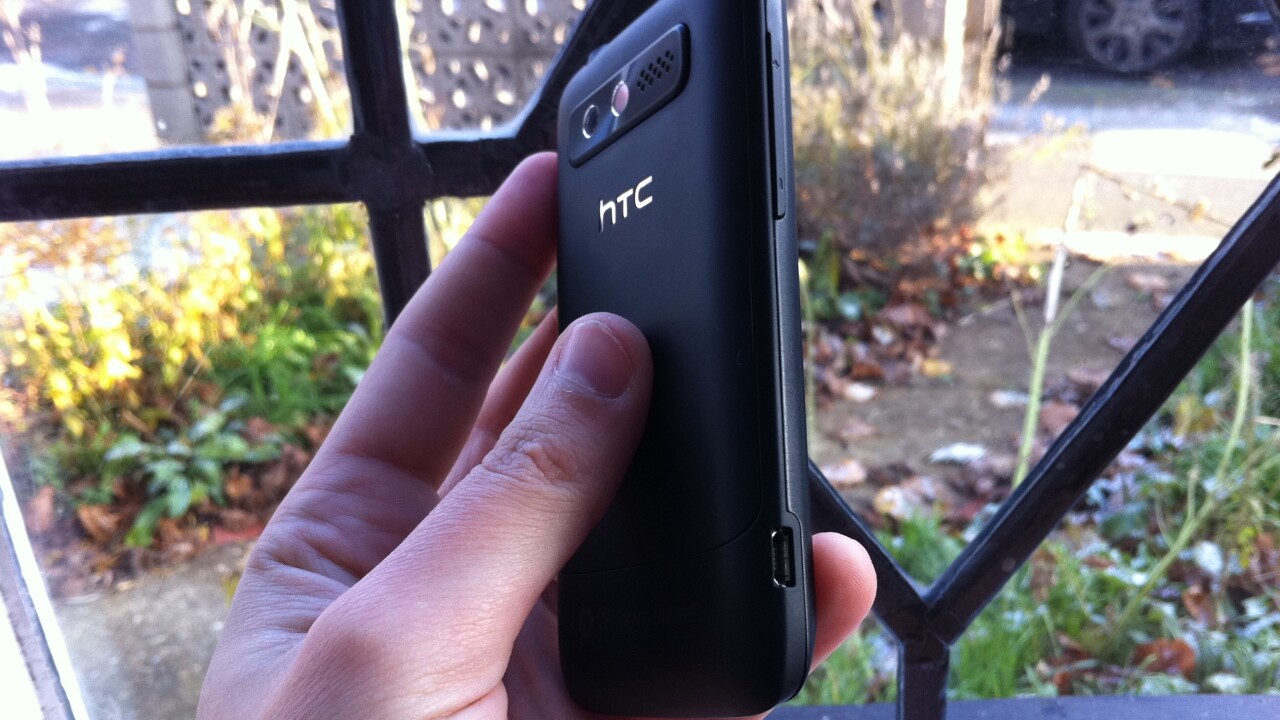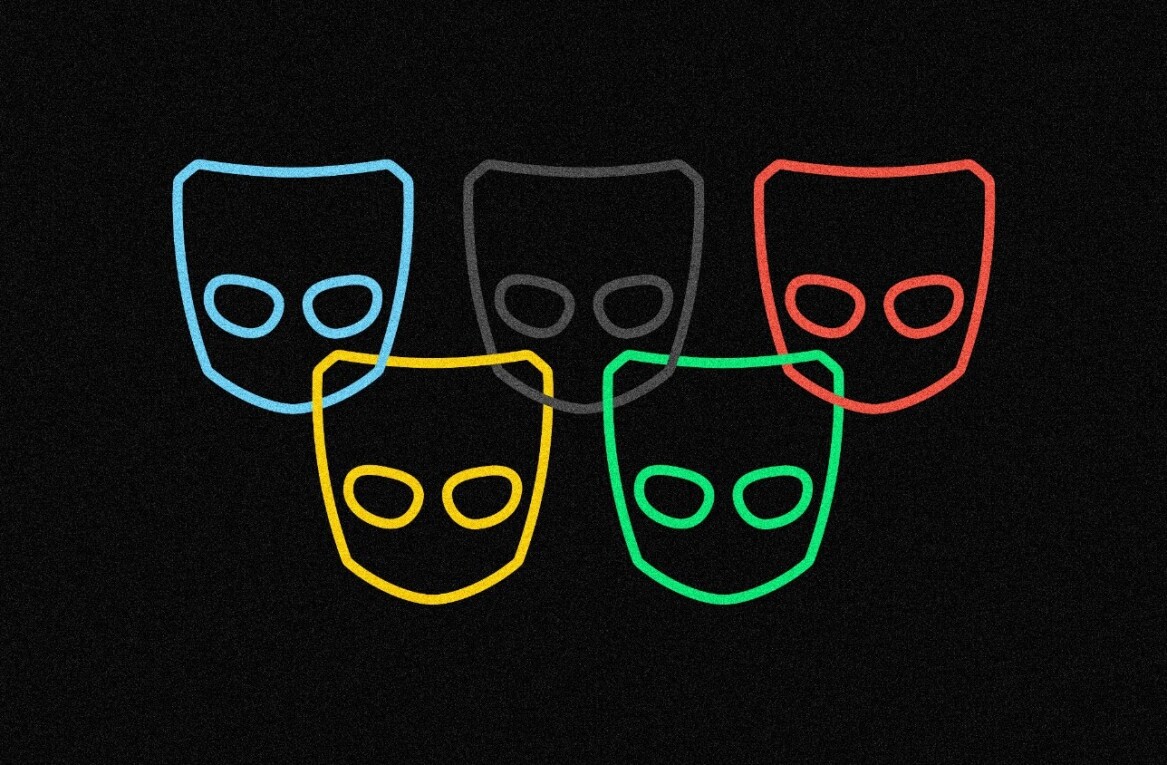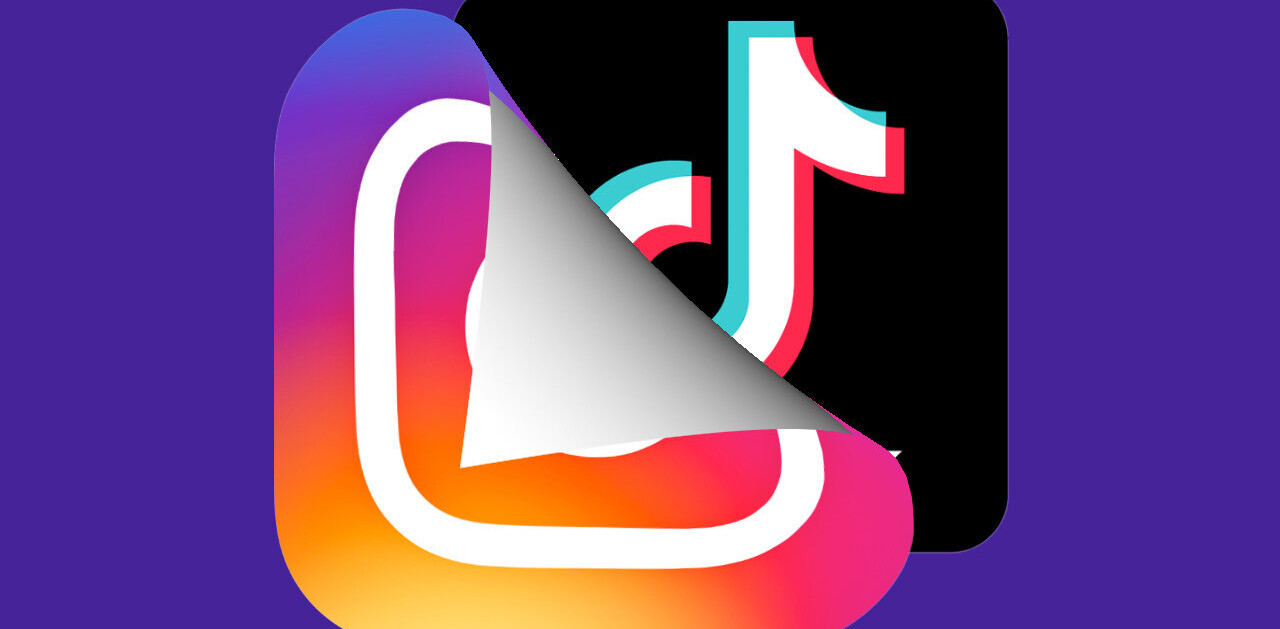
 What’s really striking about the new Facebook Groups is that they truly are “FriendFeed gone mainstream”.
What’s really striking about the new Facebook Groups is that they truly are “FriendFeed gone mainstream”.
When I first saw the new Facebook Groups I thought, “My, they look a lot like FriendFeed”. That’s no surprise either, the team that pioneered realtime discussion and sharing groups at FriendFeed now works at Facebook and its co-creator Bret Taylor is now CTO there.
FriendFeed was, and still is, loved by a loyal following for its fast, powerful social sharing and discussion possibilities. Just before Facebook bought the company last year it really had become something special, a technical feat of beauty that I loved. The problem was that the mainstream public never took to it. It was just too… well, geeky. Now with the newly re-imagined Facebook Groups we see how FriendFeed can finally be accepted by the masses – by being less geeky, more streamlined… and built right into Facebook.
Like FriendFeed, Facebook Groups have the ability to share and discuss text, images, photos, videos and links in realtime. The ability to import feeds is missing, as are other “advanced” features of FriendFeed like cross-posting, exporting RSS feeds, posting via emails and the like, but by stripping those out what we have here is essentially FriendFeed’s vision gone mainstream.
People certainly seem to be taking to the new groups’ potential. Here at The Next Web we already have lively Apps and Apple groups among others, and Robert Scoble has a group for tech news reporters and bloggers that has got off to an interesting start.
Will FriendFeed users jump ship for Groups?
The nascent conversations in these Groups recall FriendFeed’s busier days, but will it ever replace FriendFeed entirely? The best people to ask are the hardcore users who have stuck with FriendFeed despite it no longer being actively developed. Over at the FriendFeeders group on Facebook, 68 (at the time of writing) of the faithful have gathered and I asked them if they’d ever make the switch. The general consensus? Not likely.
FriendFeed user Jorge Escobar felt the new service didn’t quite fit his needs in the same way. “FriendFeed is an aggregator, this is a pure and simple realtime group forum.” Alan Simpson, meanwhile would only switch as a last resort: “I won’t switch full time to this unless FriendFeed goes down completely. It will be nice to have this type of set up to talk to a group of friends who are on here but won’t join FriendFeed.”
The FriendFeeders group on Facebook was set up yesterday by Flickchart founder and FriendFeed fan Nathan Chase. While he likes the parts of FriendFeed that have made it through to the new Facebook Groups, he doesn’t see it being a FriendFeed replacement.
“The real value in the new Groups stem from two things”, he tells me. “First, instant group chat… and second, using the Group “wall” is a real-time experience, obviously pulling from the FriendFeed playbook by allowing replies and likes to push conversations to the top of the page without having to refresh.
“These are both steps towards an interface familiar to FriendFeed users, but not necessarily ones that will cause them to leave FriendFeed behind.”
Chase thinks that it’s the strong sense of community that will mean FriendFeed users don’t jump ship. “There’s nothing broken with FriendFeed, and the community that exists there isn’t going to leave unless they have an imperative reason to do; either a collection of killer features that FriendFeed fails to offer, or FriendFeed is shut down. Until then, FriendFeed’s not going anywhere.”
So, it’s no FriendFeed replacement but what Facebook’s new Groups feature does is show that the vision of the FriendFeed team had mainstream potential after all. As The Next Web’s own Alex Wilhelm told me in a conversation earlier today: “FriendFeed found a very compelling social formula, but never managed to scale it in the face of Twitter and Facebook’s massive growth. However, the idea itself is rather valuable.
“Now that the best parts of FriendFeed are baked into Facebook, the idea is really going to get its legs.”
Get the TNW newsletter
Get the most important tech news in your inbox each week.




